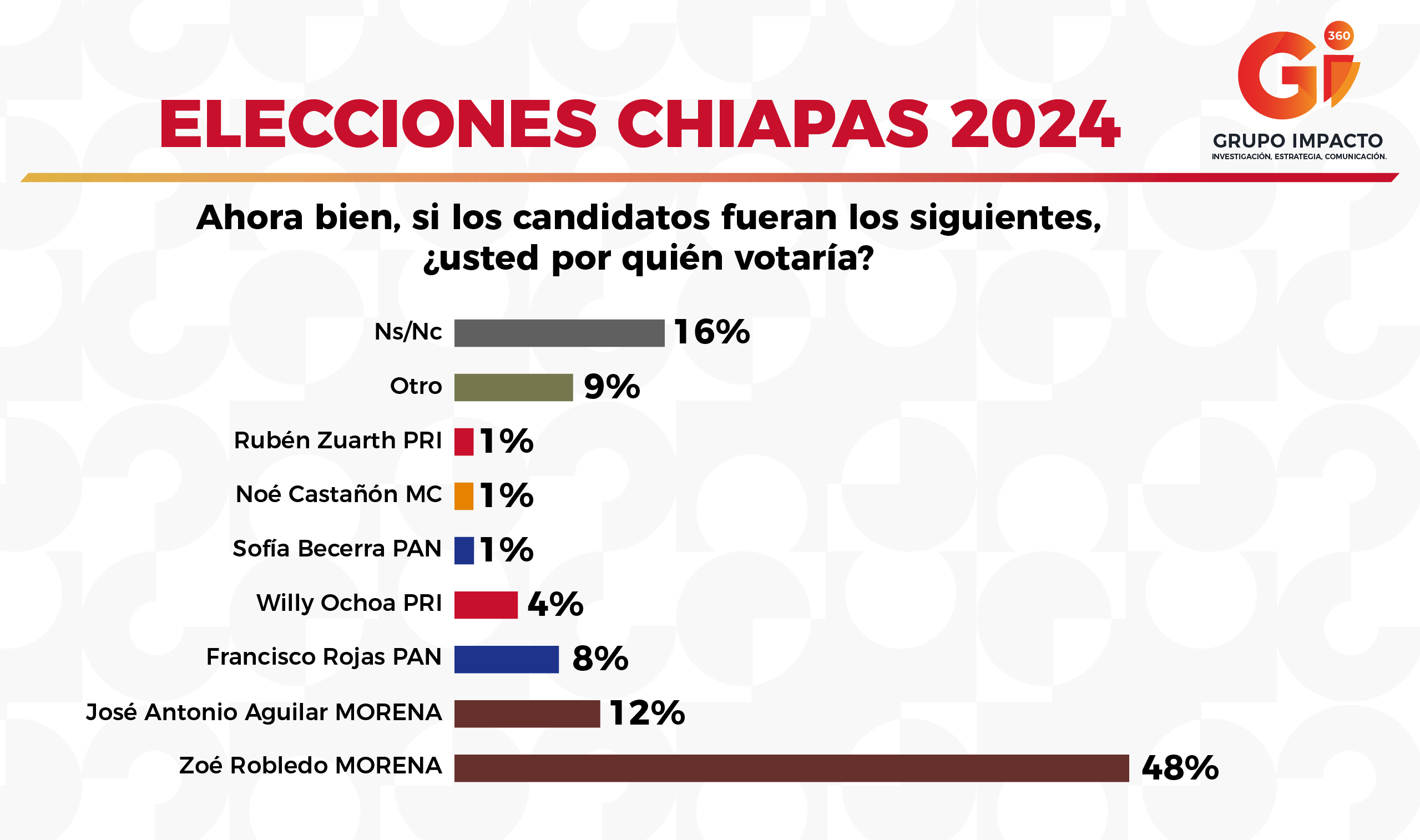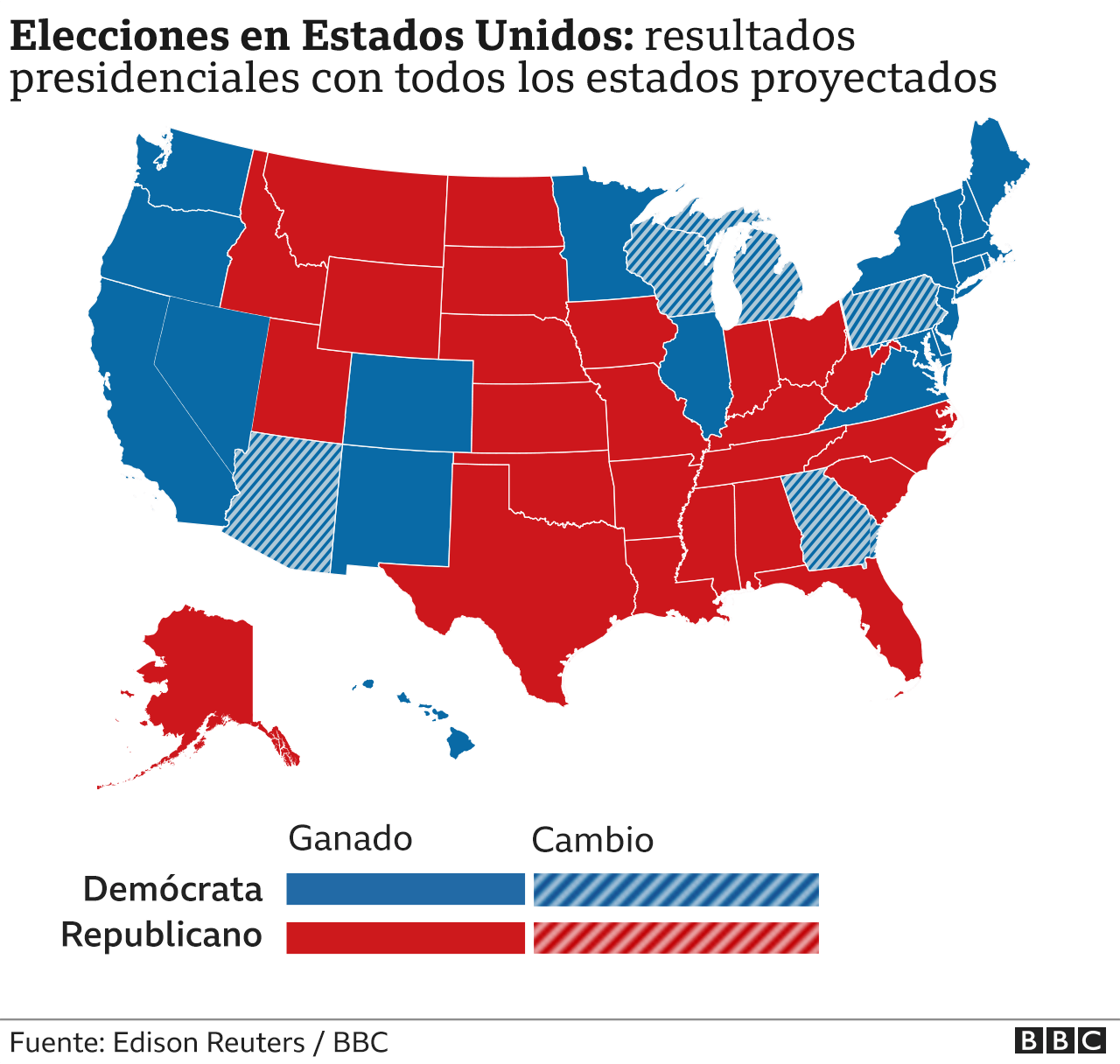Elections In Venezuela: A Comprehensive Guide To Understanding Elecciones VE
Venezuela's elections, commonly referred to as "elecciones VE," have always been a focal point of global political discussions. The electoral processes in this South American nation often spark debates about democracy, political stability, and governance. As the country continues to evolve, understanding the intricacies of Venezuelan elections becomes crucial for anyone interested in international politics.
From its historical context to the current electoral landscape, this article aims to provide an in-depth analysis of elecciones VE. We will explore the election system, political parties, challenges, and the role of international observers in ensuring fair elections. Whether you're a political enthusiast, researcher, or simply curious about Venezuela's political dynamics, this guide offers valuable insights into the nation's electoral process.
By examining the complexities surrounding elecciones VE, we hope to shed light on the importance of democratic practices and their impact on the nation's future. Join us as we delve into the world of Venezuelan elections and uncover the factors shaping its political destiny.
Read also:Tyne Daly Movies And Tv Shows Exploring The Iconic Career Of A Legendary Actress
Table of Contents
- A Brief History of Elections in Venezuela
- Understanding the Venezuelan Election System
- Major Political Parties in Venezuela
- Challenges Facing Venezuelan Elections
- Recent Electoral Reforms and Developments
- Role of International Observers in Elecciones VE
- Voter Turnout and Civic Participation
- Impact of Elections on Venezuela's Economy
- Future Prospects for Venezuelan Elections
- Conclusion and Call to Action
A Brief History of Elections in Venezuela
Venezuela has a long and complex history of elections, dating back to its independence from Spain in 1811. The nation's electoral journey has seen periods of democracy, authoritarian rule, and significant political transformations. The introduction of universal suffrage in 1947 marked a turning point in Venezuelan politics, allowing all citizens to participate in the electoral process.
However, the mid-20th century witnessed a series of coups and dictatorships, which temporarily halted democratic progress. The return to democracy in 1958, known as the "Puntofijo Pact," established a bipartisan system dominated by the Democratic Action (AD) and COPEI parties. This era of stability lasted until the late 1990s when Hugo Chavez's rise to power brought about significant changes to the political landscape.
Key Historical Events in Venezuelan Elections
- 1947: Introduction of universal suffrage
- 1958: Puntofijo Pact establishes democratic governance
- 1998: Election of Hugo Chavez as President
- 2015: Opposition gains control of the National Assembly
Understanding the Venezuelan Election System
The Venezuelan election system is designed to ensure fair representation and democratic participation. It operates under a mixed-member proportional representation model, combining both direct and proportional voting methods. Citizens cast their ballots for candidates in single-member districts while also selecting party lists for proportional representation.
This system aims to balance local representation with national interests, ensuring that diverse voices are heard in the political arena. However, the complexity of the electoral process has often led to debates about transparency and accountability.
Components of the Venezuelan Election System
- Mixed-member proportional representation
- Single-member district voting
- National party list voting
Major Political Parties in Venezuela
Venezuela's political scene is dominated by several key parties, each representing different ideologies and interests. The United Socialist Party of Venezuela (PSUV) and the Democratic Action (AD) party are among the most influential, with long-standing histories in Venezuelan politics.
Other notable parties include:
Read also:What Happened To Jeffrey Dahmer A Comprehensive Look Into The Infamous Serial Killers Life And Legacy
- Justice First (Primero Justicia)
- Popular Will (Voluntad Popular)
- Civic Platform (Plataforma Unitaria)
Party Platforms and Ideologies
Each party has its own platform and vision for the future of Venezuela. For instance, PSUV promotes socialist policies, while AD and Justice First advocate for more liberal and democratic reforms. Understanding these differences is essential for grasping the dynamics of elecciones VE.
Challenges Facing Venezuelan Elections
Despite its democratic aspirations, Venezuela faces numerous challenges in conducting free and fair elections. Issues such as voter suppression, electoral fraud, and lack of transparency have raised concerns among both domestic and international stakeholders.
Additionally, economic instability and political polarization have further complicated the electoral process, making it difficult for citizens to exercise their democratic rights effectively.
Common Challenges in Venezuelan Elections
- Voter suppression
- Electoral fraud
- Lack of transparency
- Political polarization
Recent Electoral Reforms and Developments
In recent years, Venezuela has implemented several electoral reforms aimed at addressing some of the challenges faced by its democratic system. These reforms include the introduction of electronic voting systems, increased oversight by independent bodies, and efforts to improve transparency in the electoral process.
While these measures have shown promise, their effectiveness remains a topic of debate. Continued efforts are needed to ensure that all Venezuelans can participate in elecciones VE without fear of intimidation or discrimination.
Key Electoral Reforms
- Electronic voting systems
- Independent oversight bodies
- Transparency initiatives
Role of International Observers in Elecciones VE
International observers play a crucial role in ensuring the integrity of Venezuelan elections. Organizations such as the Organization of American States (OAS) and the European Union (EU) send teams to monitor the electoral process, providing valuable feedback and recommendations for improvement.
The presence of these observers helps to build trust in the electoral system and ensures that all parties adhere to democratic principles. Their reports often highlight areas where further reforms are needed, contributing to the ongoing development of Venezuela's democratic institutions.
Benefits of International Observers
- Improved transparency
- Enhanced accountability
- Increased public trust
Voter Turnout and Civic Participation
Voter turnout in Venezuelan elections has historically been high, reflecting the population's commitment to democratic governance. However, recent years have seen a decline in participation, partly due to disillusionment with the political system and economic hardships.
Encouraging civic participation remains a priority for Venezuelan authorities, who continue to implement measures to make voting more accessible and inclusive. Efforts such as voter education programs and expanded polling stations aim to address these challenges and ensure that all citizens can exercise their right to vote.
Factors Affecting Voter Turnout
- Political disillusionment
- Economic hardships
- Accessibility of polling stations
Impact of Elections on Venezuela's Economy
The outcomes of Venezuelan elections have significant implications for the nation's economy. Policies implemented by elected officials can either stimulate growth or exacerbate existing challenges, such as inflation and unemployment. The focus on elecciones VE often centers around how new administrations plan to address these pressing economic issues.
Investors and businesses closely monitor the results of Venezuelan elections, as they directly impact the country's economic stability and potential for development. A stable and transparent electoral process is essential for fostering confidence in Venezuela's economic future.
Economic Priorities for Venezuelan Elections
- Inflation control
- Unemployment reduction
- Foreign investment attraction
Future Prospects for Venezuelan Elections
Looking ahead, the future of Venezuelan elections remains uncertain but holds promise for positive change. Continued reforms, increased transparency, and international support can help strengthen the nation's democratic institutions and ensure that all citizens have a voice in shaping their country's destiny.
As Venezuela navigates its political landscape, the role of elecciones VE becomes increasingly important in determining the path forward. By addressing current challenges and embracing democratic principles, the nation can work towards a brighter future for all its people.
Conclusion and Call to Action
In conclusion, understanding the complexities of Venezuelan elections is vital for anyone interested in global politics. From its historical context to the current challenges and future prospects, elecciones VE play a crucial role in shaping the nation's political and economic landscape.
We encourage readers to engage with this topic by leaving comments, sharing this article, or exploring other resources on Venezuelan elections. Your participation helps to foster a more informed and engaged global community, contributing to the ongoing dialogue about democracy and governance worldwide.
For more information on Venezuelan elections and related topics, please visit our website or follow us on social media. Together, we can continue to learn and grow in our understanding of international politics and its impact on our world.
Unveiling The Potential Of Www.inces.gob.ve: Empowering Venezuela's Workforce
How To Effectively Consult Your Venezuelan ID Card: A Comprehensive Guide
Where Do I Vote With My ID Number? A Comprehensive Guide To Voting Locations

ELECCIONES CHIAPAS 2024 Gii360

Elecciones En Usa 2024 Elie Tallou

Elecciones Presidente Mexico 2024 Results Loria Raychel